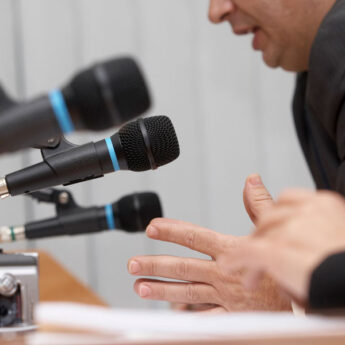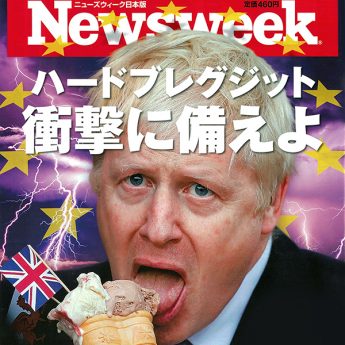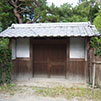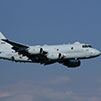Joint bid to fight pirates
The British government has welcomed Japan’s move to lead an anti-piracy operation in waters that “have a direct impact on the UK’s security”, according to a press release dated 28 July.
Ships of Command Task Force 151, operated by the 30 member nations of the Combined Maritime Forces, will escort merchant vessels, respond to incidents of piracy, and help ensure freedom of navigation in the Northern India Ocean and Gulf of Aden.
Saying that piracy is an issue for all nations to tackle, Foreign Secretary Philip Hammond added that he looked forward to further joint activity between Japan and the UK in this area.
First child returned under treaty
A British court has ruled that a Japanese child, living with its mother in the UK, must go home to the father in Japan under the Hague Convention, The Japan Times reported on 29 July.
Drafted in 1980, the law sets out rules and procedures in cases of suspected abductions. Thus, if requested by one parent, a child under 16 years of age must be promptly returned to the country of habitual residence if they have been taken or retained abroad by the other parent.
The decision marks the first time a Japanese child has been ordered returned since Japan signed the pact in April.
Fuel cell firm sets up Kansai base
A British power firm has established a representative office in Kyoto as its first overseas site, according to a press release dated 15 August.
Ceres Power develops fuel cell cogeneration systems and cells of core parts that convert fuel to electricity with highly efficient power-generating solid-oxide fuel cells.
Factors in the move were Japan’s widespread use of household fuel cells, and the growing interest of the business sector in the technology as a result of Tokyo’s energy policy.
It is hoped the Kansai base will help Japanese firms to jointly develop fuel cell generation systems in cooperation with their British counterparts.
Tokyo eyes London for Olympic model
Japanese sporting officials are looking to the UK for tips on training their athletes in the lead up to the 2020 Olympic and Paralympic Games, the Nikkei Asian Review reported on 14 August.
The discussion on whether to adopt London’s government-led and merit-based strategy follows the improvement in the country’s medal figures: an increase from one gold medal won in the 1996 Games to 29 in London 2012.
The creation of a new, incorporated administrative agency for sports that would decide which federations get funding and how much, based on the British model, is currently under discussion by Tokyo lawmakers.
Hello Kitty: the truth
Sanrio Co., Ltd., the maker of Hello Kitty, has announced the character is not a cat, but in fact a little girl from London, The Independent reported on 1 September.
The firm’s decision regarding the official birthplace of the globally recognised toy was influenced by the popularity of UK culture in Japan, particularly among women, during the 1970s when it was created.
University of Hawaii anthropologist Christine R. Yano, who recently produced a 40th anniversary retrospective of Hello Kitty, reports extremely large numbers of fans of Britain in the country at this time.
“[Japanese] loved the idea of Britain. It represented the quintessential idealised childhood, almost like a white picket fence”, she said.
Sudoku comes “home” after world title win
A University of Tokyo graduate has become the first Japanese to be crowned world sudoku champion in London,
the International Business Times reported on 17 August (page 49).
Kota Morinishi fought off competitors from 34 countries to win the title at the 9th World Sudoku Championship, which was held in the UK for the first time.
Organisers, the UK Puzzle Association, said competitors can complete a puzzle in a speed of two minutes on average.
Thought to have been invented by an American, Japanese publisher Nikoli Co., Ltd. turned the logic-based puzzle—played on a 9 x 9 grid—into a global craze in the 1980s.





